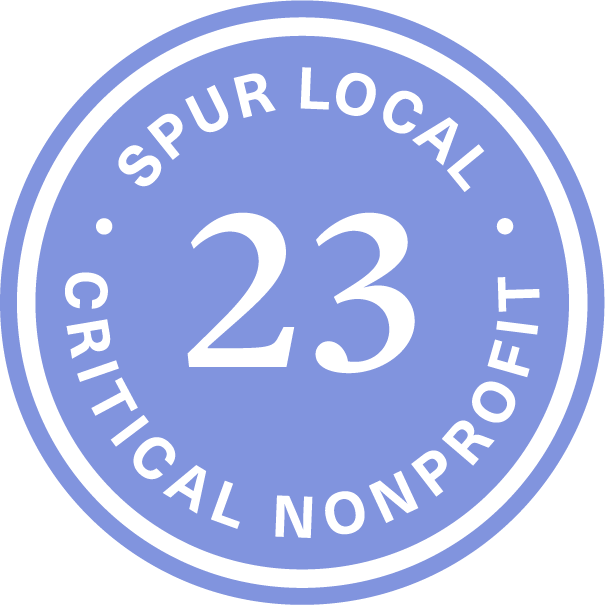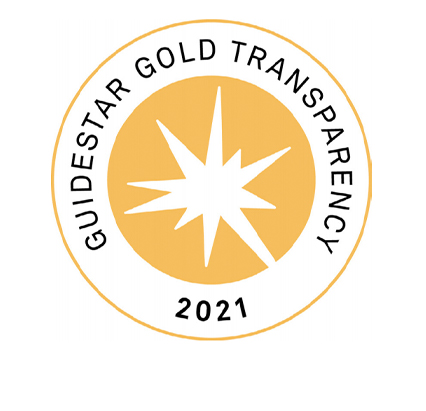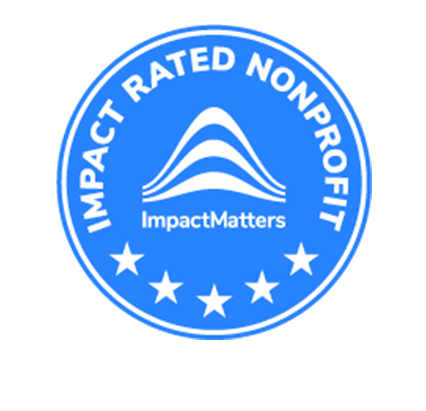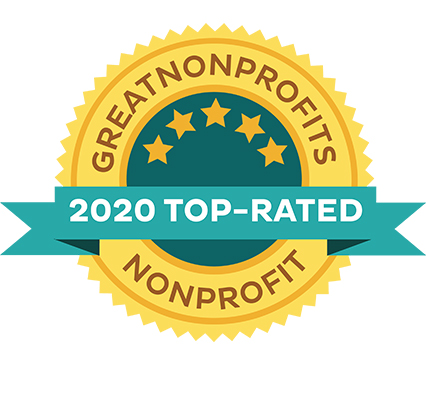In addition to Black History Month, the month of February is also recognized as Teen Dating Violence Awareness Month.

We are constantly inundated with messages and images of what dating and relationships look like, whether it’s through families, friends, school, work, or even Netflix. This messaging may not always be healthy, and it’s important that we impart knowledge and tools with our teens and young adults so that they can identify the difference between healthy, unhealthy, and abusive relationships.
Healthy-Unhealthy-Abusive Spectrum
Not all healthy relationships look the same; however, there are several key elements that make a relationship a healthy one, which include but are not limited to, respect, open and clear communication, equality, and trust. Ultimately, this looks differently for everyone, but boils down to the capacity to make decisions together and have honest communication about anything from relationship concerns and choices about sexual practices. Individuals ought to be responsible for their own happiness, but also enjoy spending time together.
A relationship that is unhealthy can take the form of one partner trying to make the majority of the decisions and/or pressuring someone into spending all of their time together.
Just as domestic violence takes many forms, as does dating violence. This is also to say that violence and abuse are not always physical, but can range from physical abuse, emotional abuse, verbal abuse, sexual abuse, digital abuse, stalking, and/or financial abuse. In general, “abusive relationships are based on an imbalance of power and control” (Loveisrespect.org). Some signs of this kind of relationship can include manipulation, isolation, and accusations. What this can turn into is a relationship in which “one person is making all of the decisions – about sexual choices, friend groups, boundaries, even what’s true and what’s not [gaslighting]. You spend all of your time together and feel like you can’t talk to other people, especially about what’s really happening in your relationship” (Loveisrespect.org). This last element is particularly problematic because people being abused feel like they have no one to turn to, and end up not seeking help because they feel powerless or ashamed.
Seeking Help
If any of these unhealthy or abusive signs ring true with you, first, know that you are not alone. One in three teens in the United States will experience physical, sexual, or emotional abuse by someone they are in a relationship with before they become adults (Loveisrespect.org). The next step is to reach out. Reach out to someone you trust to explain what’s going on and acknowledge the situation. From there, you can seek resources to help you address what’s going on and deal with relationship abuse in the ways that you choose to.
Unhealthy and abusive relationships can be confusing especially for those with minimal access to models of healthy relationships. But there are plenty of resources out there to help.
Resources
Loveisrespect.org (24 Hour Hotline: Call 1-866-331-9474)
Trevor Project: thetrevorproject.org (24 Hour Hotline for LGBTQ Youth: Call 1-866-488-7386)




